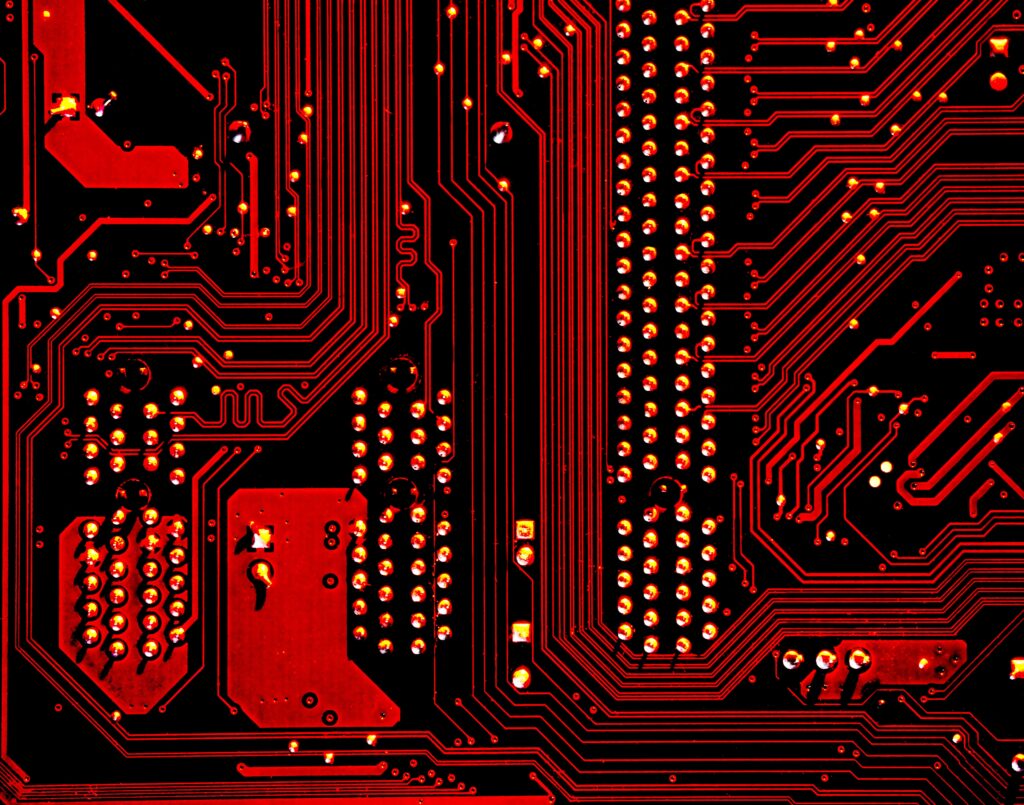How AI and Machine Learning Are Driving Innovation in 2019
Is artificial intelligence the biggest technological breakthrough of the 21st century? AI is already revolutionizing the industry in business, science, and countless other sectors. Keeping up with this rapidly evolving technology is no easy feat, but businesses that leverage AI in their operations are ahead of the curve. Here’s how AI tech can revolutionize your business – and why you should care about it.
 The Rise of Artificial Intelligence
The Rise of Artificial Intelligence
Artificial intelligence is used to describe many different technologies and applications. Colloquially, the term describes computer systems that replicate human intelligence. Movies and television have created radical narratives of evil supercomputers and hyper-intelligent robots, but the artificial intelligence technology we have today is far more benign.
AI systems are in their infancy, but technology promises to change almost every aspect of our lives over the next few decades. Applications for planning, data analysis, image, and audio recognition, and problem-solving introduce new uses of AI every day in tasks that were previously performed by humans.
Machine Learning
The terms machine learning and deep learning often get thrown around in the same conversation as artificial intelligence, but the terms aren’t synonymous. Machine learning refers to one aspect of AI – the idea that a machine can be trained to learn. Deep learning is one of many methods to achieve machine learning using the same mechanisms as a human brain.
A computer with artificial intelligence that employs machine learning technology will become faster, smarter, and more efficient over time, thanks to algorithms that help with pattern recognition. The use of machine learning is still relatively limited, but the excitement of the technology has many industries buzzing.
Examples of Artificial Intelligence and Machine Learning
You don’t need a time machine to discover how AI and machine learning technologies will change the world. The tech is already making huge waves in a number of industries, and the potential uses expand every day. AI systems may not replace human workers entirely; instead, the technology is often used to supplement human workers in many different ways, helping companies work smarter instead of harder.
AI promises to solve many intractable problems that limit efficiency and management, and that potential is driving innovation and research. These are just a few of the ways AI is already changing the game.
1. The Healthcare Industry
The healthcare industry is drowning in data. Patient records, new diagnoses, and dangerous drug interactions require the management of millions of data points. The industry rapidly outpaces the ability of humans to keep it all organized. Thankfully, AI systems for the healthcare industry are already being deployed.
In the short term, AI will be used to manage electronic health records (EHRs), which are a major time and labor sink for hospitals across the globe. Natural language processing could be used with video taken during clinical encounters to automatically record and sort patient information for future use. In the long term, AI could soon be used for pathology, analyzing images from MRIs and CT scans for signs of injury, cancer, or other issues with better precision than the human eye.
2. Smart Home Technology
Artificial intelligence may already be in your living room. Smart home technology is now one of the biggest home industries, and companies like Amazon, Apple, and Google are leading the charge. From ordering groceries to queueing up your evening entertainment, AI algorithms are working tirelessly in the background of your daily life.
Smart home security also stands to benefit from artificial intelligence. The next generation of smart security cameras is utilizing AI and facial recognition technology to start a running index of your home’s most common visitors. Unrecognized faces can trigger an alert to your phone, which could be the early warning you need to thwart an intruder. The top home security systems of tomorrow help integrate emerging technologies to one day eliminate the need for human monitoring altogether.
3. Logistics
We’re already spoiled by two-day shipping times and global distribution networks, but the complexity of these systems goes beyond the cognitive ability of human managers. AI offers massive increases in efficiency for systems with thousands, millions, or billions of data points to analyze and direct.
AI platforms like RPA Express already work to improve resource management, route optimization, forecasting for interruptions in shipping service, and even customer service interfaces. By adding AI algorithms to the supply chain, companies are decreasing their overhead, increasing profit margins, and reducing risk. In the future, the logistics industry may be governed entirely by AI, forming a fully automated and optimized global network.
Conclusion
Machine learning and artificial intelligence often seem like science fiction, but their use in today’s business world hints at a radical future. AI technology will likely be the defining technology of the next few decades, and it’s hard to understate its probable impact. Businesses should be ready to integrate AI tools, or they risk getting left behind.
If you enjoyed this article, you may also like: Graduate Together 2020









